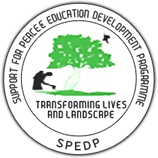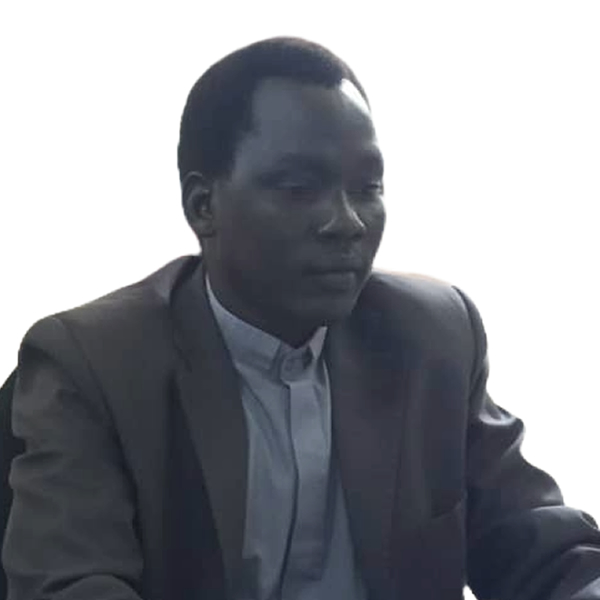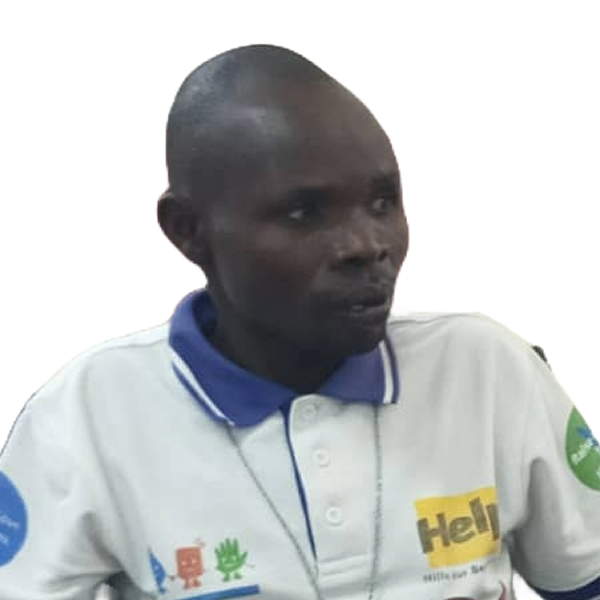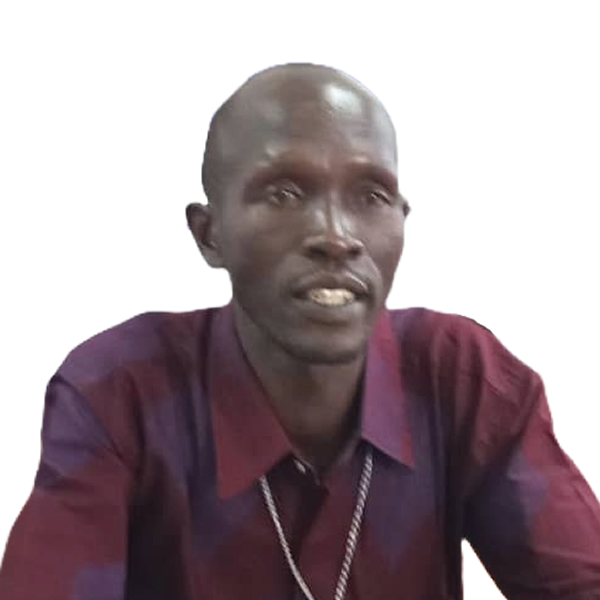About Us
- Home
- About
About SPEDP
Support for Peace and Education Development Programme
The acronym SPEDP stands for “Support for Peace and Education Development Programme”. SPEDP was founded in 2007 by professional and social development workers. The organisation was first registered as a national non-governmental organisation in May 2009 in the National Ministry of Justice and Constitutional Affairs and later in the Relief and Rehabilitation Commission (RRC) in April 2011.
In addition to its operations in South Sudan and Uganda, SPEDP is established in the Democratic Republic of Congo (DRC). SPEDP’s field teams in DRC are actively engaged in building trust, understanding community needs firsthand and delivering impact-driven solutions. Their work focuses on supporting sustainable livelihoods, enhancing resilience in fragile communities and implementing initiatives in education, health, and peacebuilding. This expansion reflects SPEDP’s commitment to empowering displaced communities and fostering resilience across the region.
- Our Mission
- Our Vision
- Our Values
To build resilience and empower communities towards durable solutions to their civic and socioeconomic challenges.
An inclusive and transforming society that lives in peace and dignity.
○ Professionalism
○ Respect for diversity
○ Upholding human rights
○ Transparency
○ Accountability
○ Integrity
○ Gender sensitivity and inclusiveness
Meet the team
The board’s responsibility is to determine which programs are consistent with the organization’s mission and to monitor their effectiveness.
Rev. Dr. Jackline Warille
Chairperson - Board of Directors
Email address: w-jackline@spedp.org
Contact number: +211 928 551 149
Rev. Jacob Kunyuat Jany
Vice Chairperson -Board of Directors
Email address: k-jacob@spedp.org
Contact number: +211 917 261 885
Mr. Soro Mike Hakim
Secretary -Board of Directors and CEO
Email address: SPEDP.DIRECTOR@gmail.com
Contact number: +211 925 002 060/+256 780 318 501
The Rt. Rev. Abraham Yel Nhial
Member -Board of Directors
Email address: y-abraham@spedp.org
Contact number: +211 925 501 576
Ms. Adrili Kabita Thomas
Member -Board of Directors
Email address: k-adrili@spedp.org
Contact number: +211 923 542 234 / +256 782 375 402
Rev. Ojja William E
Member -Board of Directors
Email address: w-ojja@spedp.org
Contact number: +211 925 815 222
Mr. Taban Richard George
Member -Board of Directors
Email address: t-richard@spedp.org
Contact number: +211 921 672 811
Our Uganda team
Meet the dedicated team leading our operations in Uganda, serving communities with compassion and commitment
Boboli Bathulumeo
Project officer
Geriga Emmanuel
Financial Officer
Christine Keleki
Case Worker
Luate Daniel
Administration officer
Desire Doreen
Case Worker
Leiku Jacob
Case Worker
Beleta Glory
Support Staff
Mundele Geofrey
Security personnel
Our DRC team
This is the team responsible for coordinating our operations and projects in the Democratic Republic of Congo.







